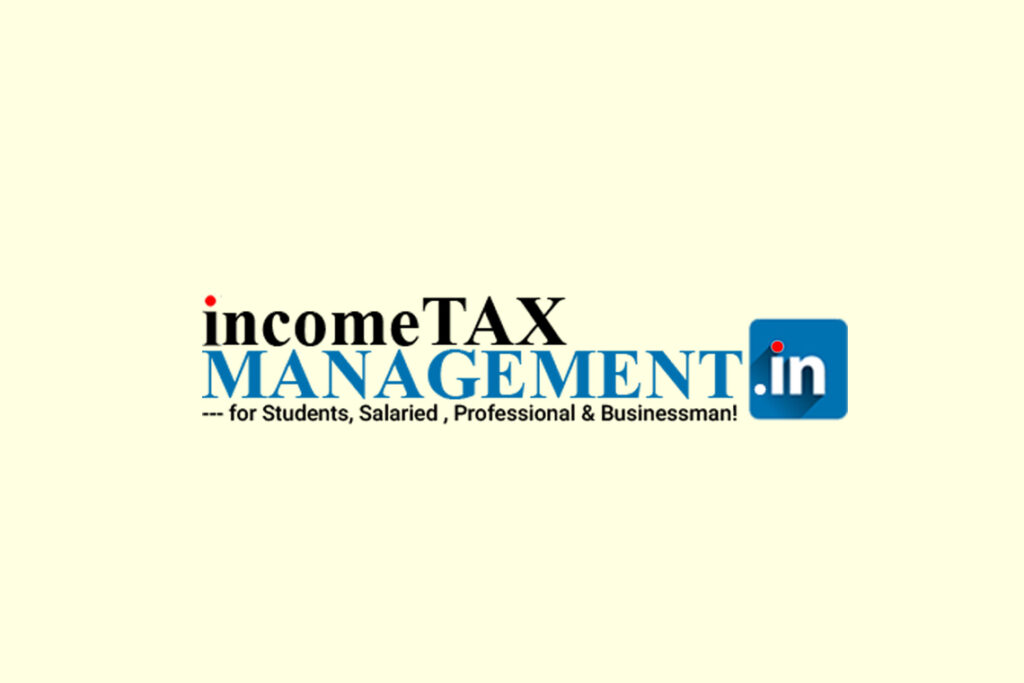Here’s a comprehensive analysis of Section 56(2)(viib) of the Income Tax Act, 1961, which taxes share premium received in excess of fair market value (FMV) by closely held companies:
1. Purpose and Scope of Section 56(2)(viib)
- Introduced in 2012to prevent money laundering through inflated share premiums in closely held companies.
- Applies to:
- Closely held companies (not publicly listed) issuing shares (equity/preference) to resident or non-resident investors(post-2023 amendment).
- Excess premium over FMV is taxed as “Income from Other Sources”.
2. Key Conditions for Taxability
- Trigger: Share issue price > FMV of shares.
- FMV Determination: Higher of:
- Net Asset Value (NAV)or Discounted Cash Flow (DCF) method under Rule 11UA.
- Value substantiated by the company (e.g., intangible assets like patents).
- Exceptions:
- Startups recognized by DPIIT (if share capital + premium ≤ ₹25 crore).
- Investments by Venture Capital Funds (VCFs), SEBI-regulated AIFs, or notified entities (e.g., sovereign wealth funds).
3. Tax Calculation and Compliance
- Tax Rate: Normal corporate tax rates (e.g., 25–30%) on the excess premium.
- Example:
- FMV per share: ₹50
- Issue price: ₹100
- Excess premium: ₹50/share → Taxable as income.
- Reporting: Disclose in ITR under “Income from Other Sources”.
4. Judicial and Practical Challenges
- Valuation Disputes:
- Courts uphold DCF methodif projections are reasonable (e.g., CIT vs. VVA Hotels).
- AO cannot arbitrarily reject valuations but can scrutinize assumptions.
- Recent Changes (2023):
- Extended to non-resident investors.
- New valuation methods (e.g., Milestone Analysis, Option Pricing) for non-residents.
5. Compliance Tips to Avoid Litigation
- Robust Documentation: Maintain valuation reports (prepared by merchant bankers <90 days old).
- Align with Other Laws: Ensure FMV complies with FEMA and Companies Act.
- Startup Exemption: File DPIIT registration and avoid prohibited investments (e.g., real estate)





![[Section 56(2)(ib)]: Taxability of Income from Winnings from Lotteries, Crossword Puzzles, Horse Races and Card Games](https://incometaxmanagement.in/wp-content/uploads/2023/09/Winnings-from-Lotteries-Section-562ib-1024x683.png)

![[Section 56(2)]: List of Incomes included under ‘Income from Other Sources’](https://incometaxmanagement.in/wp-content/uploads/2023/09/Specific-Incomes-Includes-Section-562-1024x683.png)

